A confirmation order may only be revoked if it was procured by fraud. 11 U.S.C.§ 1141. And as long as creditors knew or should have known of the treatment they would receive under the plan, and the plan conclusively determines how the claims in question will be handled, creditors cannot come later to complain. The plan will stand under the doctrine
of “res judicata.”
Recent cases in the 11th Circuit reaffirm this concept. In In re FFS Data Inc., the Southern District of Florida Bankruptcy Court ruled in a Chapter 11 case, which had been confirmed and never appealed, that a general release of the principal of the debtor company was binding on all creditors because they had actual notice of the general release in the plan. The court relied on the U.S. Supreme Court decision in Travelers Indemnity Co. v. Bailey and the plain language of the confirmed plan.
The questions posed were (1) whether the creditor had adequate notice of the plan terms and an opportunity to object, and (2) whether the language in the plan and confirmation order covered the creditor’s claim.
Finding in the affirmative on both issues, the plan was given res judicata effect. Another 11th circuit case found likewise. In In re Optical Technologies Inc., even though the creditors in question were NOT served with the fourth amended plan, they were later served with a summary explaining the differences between the third and the fourth amended plan, as well as the scheduling order for the confirmation hearing, but failed to appear.
Although the case involved modification of leases (some of which had expired PRIOR to the filing of the case) that involved non-debtor third parties, both the District Court and the 11th Circuit Court of Appeals ruled that the creditor’s complaint amounted to a collateral attack on the confirmation order.
Strangely enough, this occurred even AFTER the original bankruptcy court had ruled FOR the creditors on the premise that, either (1) if there was no lease in existence at the time of filing, there was nothing to modify, or (2) because there were non-debtor entities, the lessees were not given a meaningful opportunity to participate in the bankruptcy case.
Standing firm, both appeals courts reasoned that to allow a later attack on the confirmation order was impermissible, and the bankruptcy court was bound to enforce the terms of the plan as written and confirmed.
Thus, creditors need to pay attention to the plan documents and object prior to confirmation, or at least seek to have the relevant claims and/or issues reserved for later adjudication.


